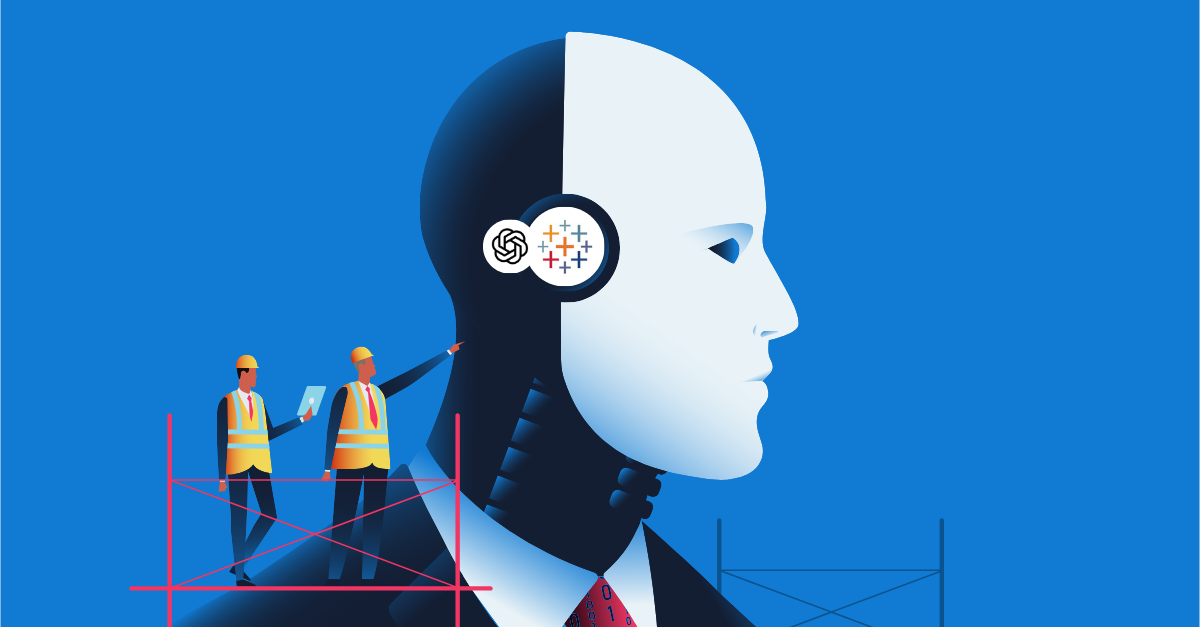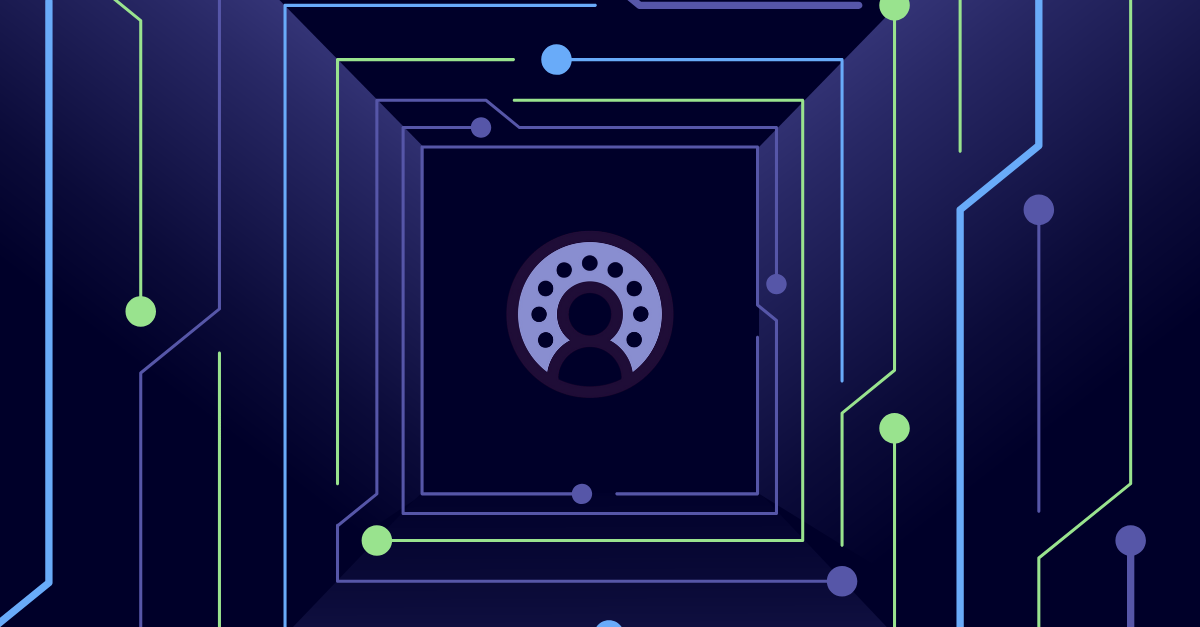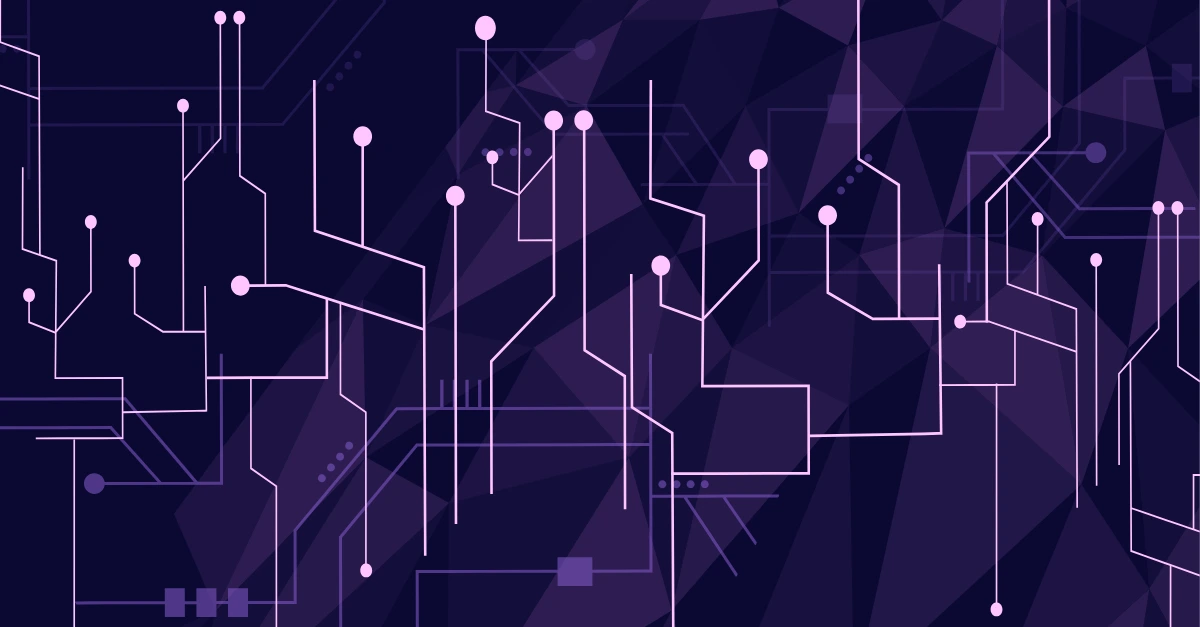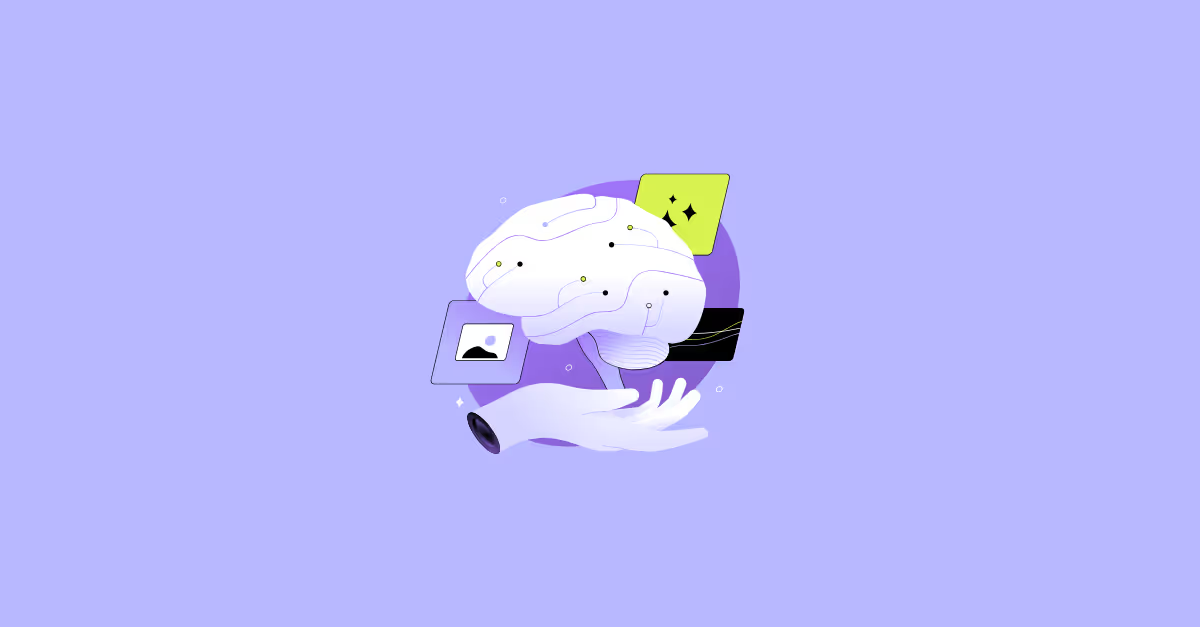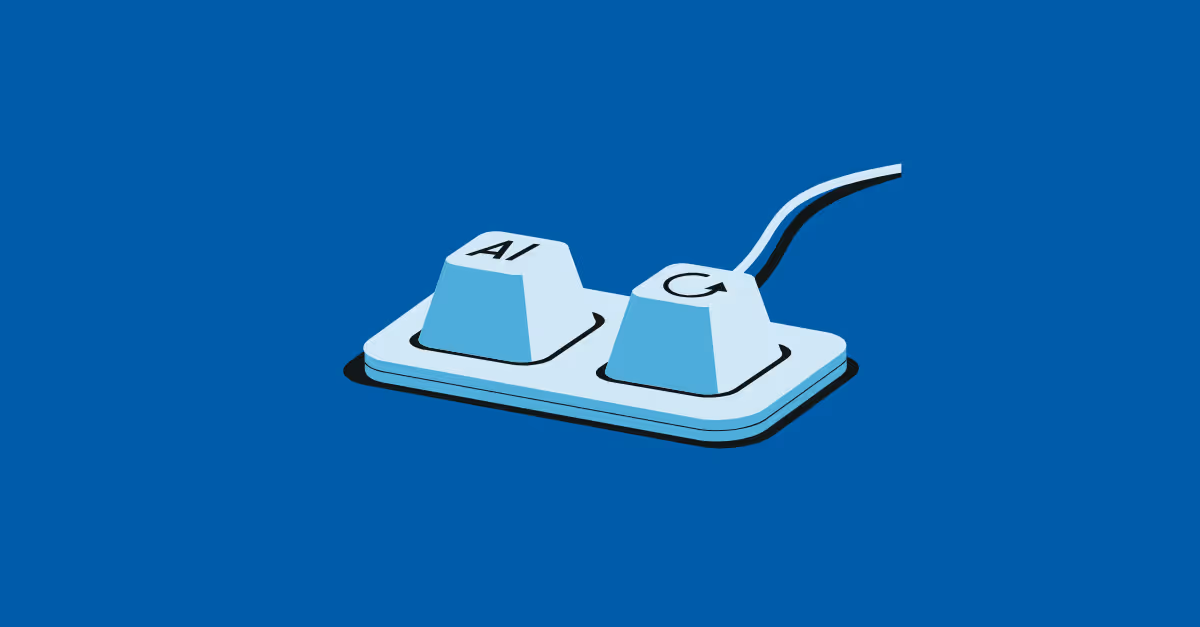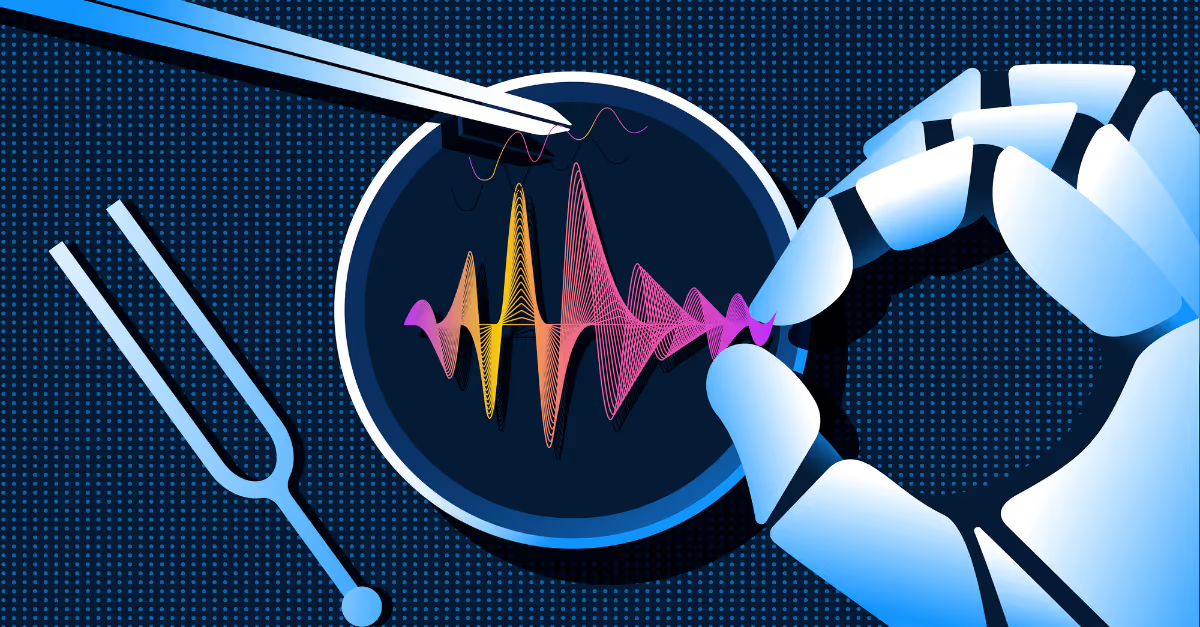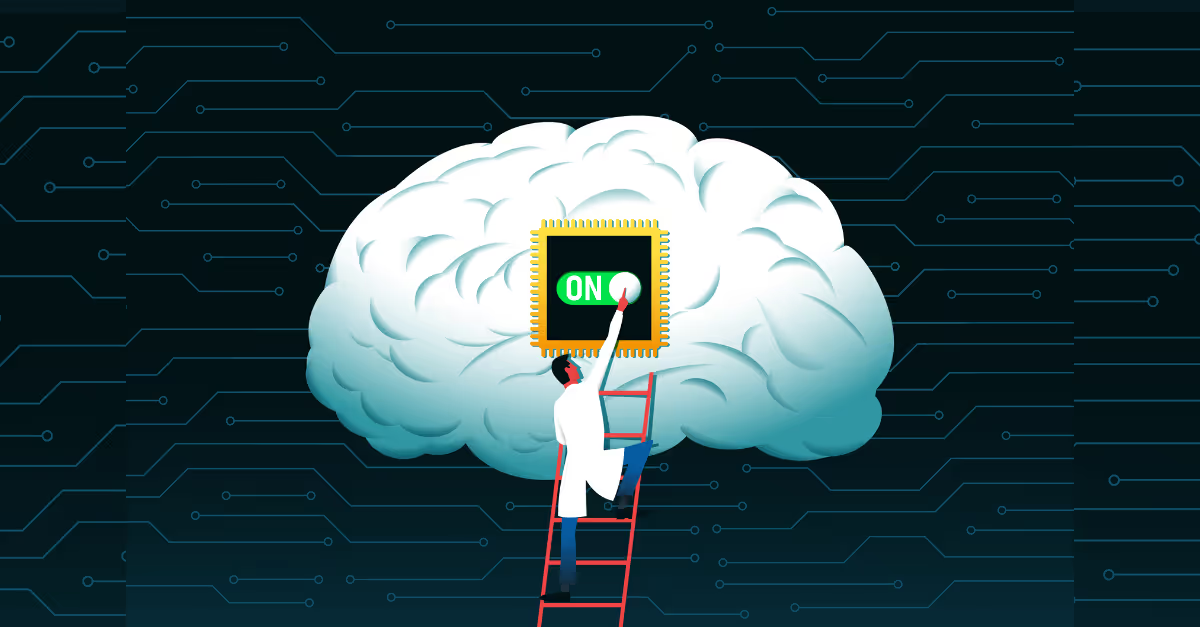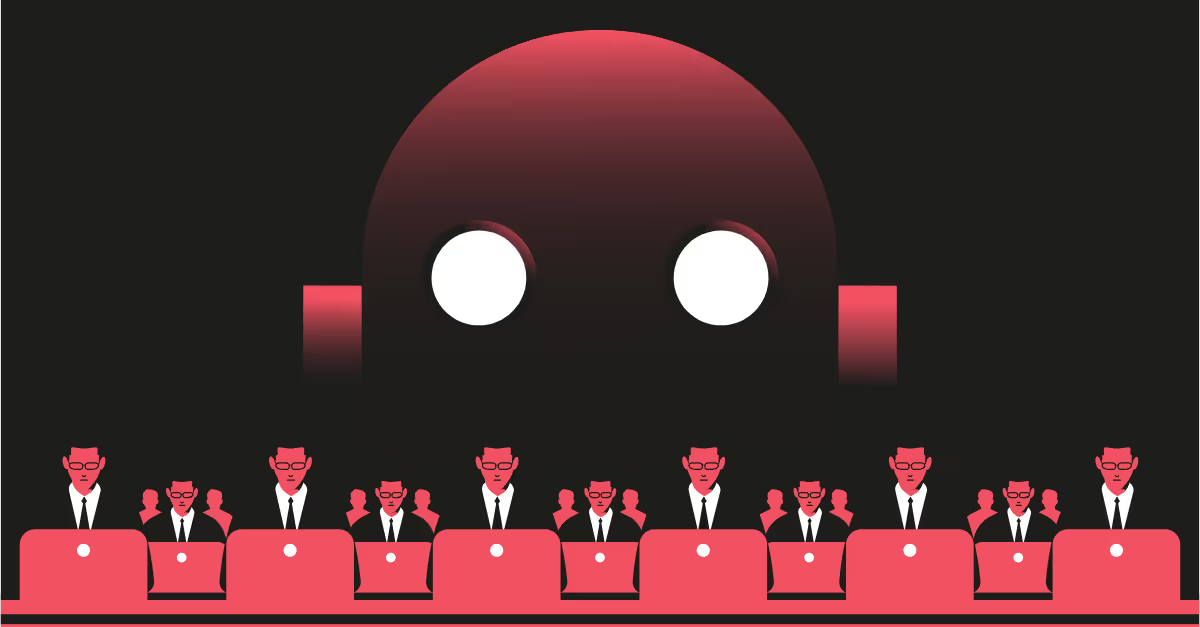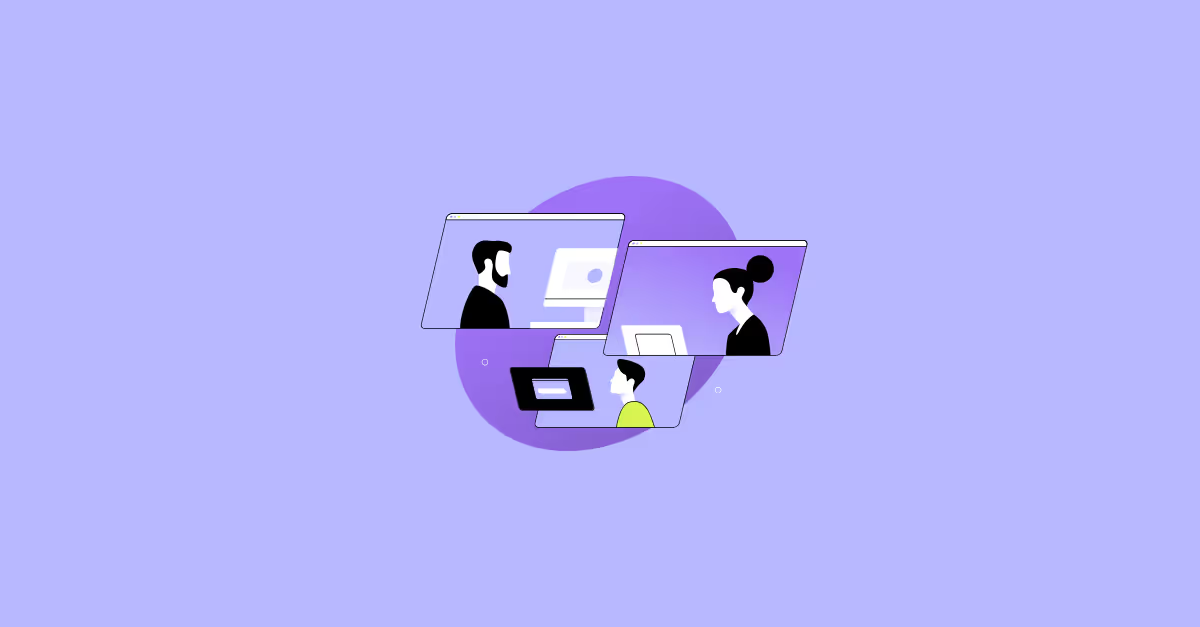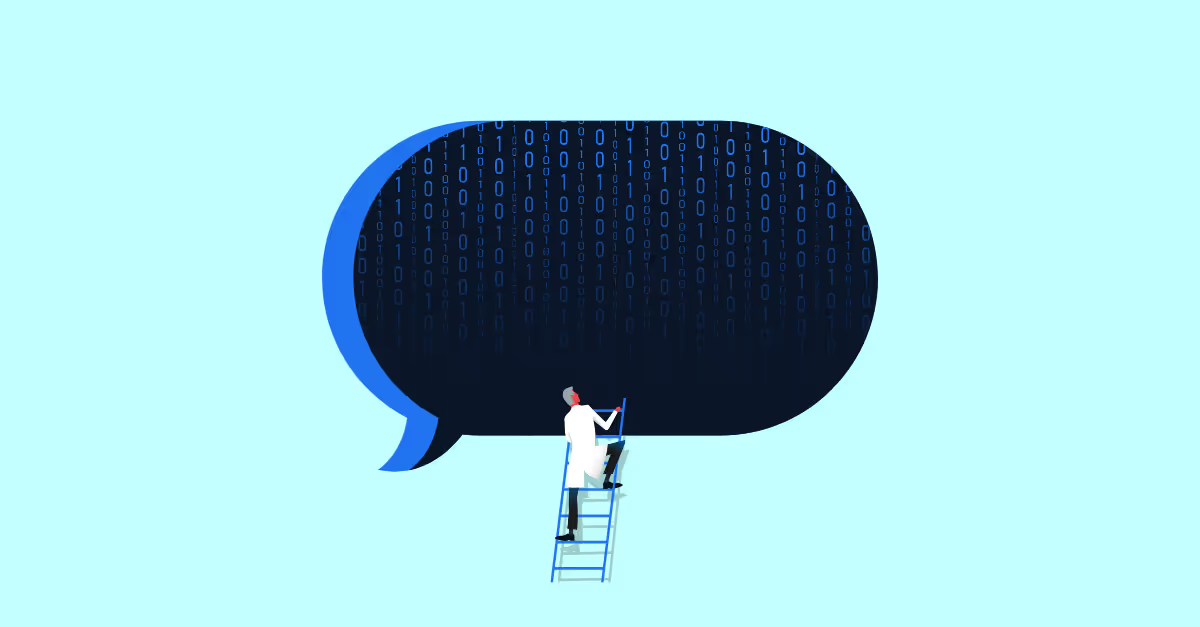The Agentforce messaging is omnipresent at Salesforce.
It’s their latest innovation poised to transform business operations through the power of AI Agents. In this blog, we delve into what Agentforce is, how it works, and how you can get started with the first implementations of AI Agents in your organisation.
Let’s get started.
1. What is Agentforce?
AI Agents: The next-wave of AI Innovations
Agentforce is Salesforce latest addition to the platform - designed to help your organisation leverage AI to increase operational efficiencies across the business with the help of AI Agents.
AI Agents use LLMS to leverage centralised customer and company data to get a comprehensive view and understanding of the general question or assignment it’s tasked with. By analysing and understanding the full context, AI Agents are able to reason through decisions and execute the necessary actions autonomously.
Providing the right context is therefore key. The output AI Agents generate heavily relies on the quality of your business data that is harmonised and unified in a place like Data Cloud.
Building a solid data foundation for AI first, will set you up for success with AI Agents and Agentforce.
AI Agents vs chatbots
So, how are AI Agents different from the traditional chatbots you’ve already seen for years now?
Chatbots are quite static beasts that require lots of pre-determined configurations. If you’ve ever tried to build one yourself, you’ll definitely know how large and complex the conversation tree can become when defining the different conversation flows. Chatbots also only work within the borders of their configuration, they have little to no ability to make sense of the conversation they’re having.
AI Agents, however, do. Acting as autonomous agents, they are more dynamic than a chatbot. They can interpret a question, make sense of it using underlying data, and take the next best course of action. Agents move to action by changes in data or through automations and respond to conversations dynamically - like a real human would.
They also move beyond “the conversation” itself. Relying on machine learning and natural language processing (NLP), AI agents can handle a wide range of tasks, from answering simple questions to resolving complex issues - like updating delivery dates, for example.
2. The key components of Agentforce
Data, reasoning and actions. These are the three key pillars of what make an AI Agent come to life.
With Agentforce being part of the Salesforce platform, you can seamlessly connect your AI Agents to any other internal Salesforce application like Marketing Cloud or Sales Cloud - or even external data sources using Data Cloud.
This allows you to leverage that data to drive AI Agents that execute certain workflows and automations, answer complex questions, and complete repetitive tasks.
Data is at the heart of your Agentforce Agents
As mentioned above, the quality of the output your AI Agent generates, will heavily depend on the quality of its input - being the data. The more your data is harmonised and unified in a platform like Snowflake or Data Cloud, the more context your AI Agents will have to determine what the next best action is.
Salesforce Data Cloud gives your agents real-time access to the data they need to complete their jobs to be done. That data includes both structured and unstructured data like PDFs, knowledge base articles, CRM data, external data lakes, and more.
Salesforce Metadata allows agents to know the context of your business and the actions available to them. Salesforce metadata represents the structural configuration of an organisation's Salesforce environment. It includes all the customizations and configurations that define how Salesforce is set up and operates for that particular organisation.
Essentially, metadata in Salesforce is data about data — it describes the structure of customer data and how the application behaves for its users.
Reasoning with the Atlas Reasoning Engine
AI Agents from Agentforce learn and reason with the Atlas Reasoning Engine.
The Atlas Reasoning Engine is a part of Salesforce's technology, specifically designed to enhance decision-making and automation across its platforms by using a sophisticated set of algorithms to process and analyse data.
The Atlas Reasoning Engine can integrate data from various sources within the Salesforce ecosystem and beyond, allowing it to perform comprehensive analyses. Using automated reasoning techniques to simulate human-like thinking, helping to identify patterns, relationships, and potential outcomes from the data it analyses, the Atlas Reasoning Engine helps your agents make predictive decisions and understand complex scenarios where multiple variables interact.
By leveraging the insights generated, the Atlas Reasoning Engine can support your AI Agents decision-making processes in real-time, providing deeper and more complex reasoning capabilities. This results in more accurate predictions, smarter automation, and more efficient workflows, driven by your AI Agents.
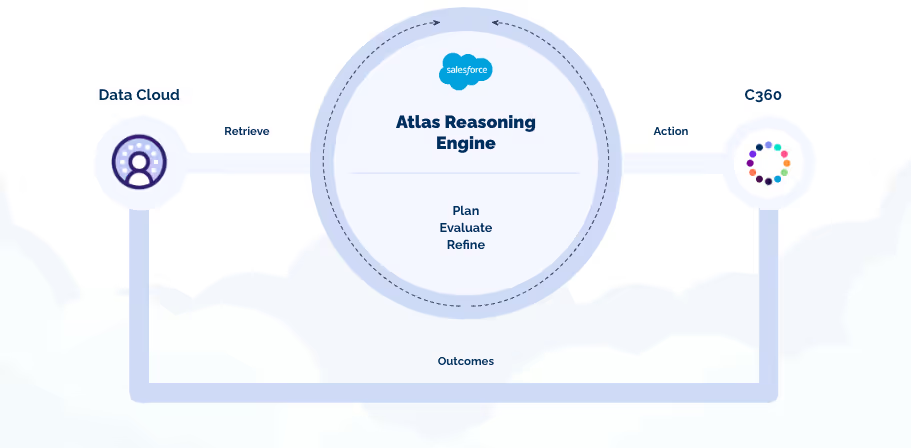
Let your AI Agents take actions autonomously
Being natively integrated with the entire customer 360, AI Agents can leverage complete insights and business context from your business apps and take action directly within the flow of work.
Similar to use cases for chatbots, AI Agents can be embedded across different channels like web, email, chat, Slack, etc. to answer questions your customers (or employees) might have - wherever they are.
Agents can also automate specific tasks or business processes with prebuilt Flows. gents can be configured to run Flows and use their output to help respond to the initial prompt. Agents can also be embedded within a Flow to help automate even more work.
3. How to get started with Agentforce
Getting started with Agentforce is both intuitive and straightforward. You don’t have to be an AI Engineer to set it up, as the low-code Agentbuilder platform makes building and customising AI Agents a piece of cake.
Agentbuilder allows you to create jobs to be done for your agent by defining topics and writing natural language instructions within these defined topics. By assembling a comprehensive action library using tools like Flows, Prompts, Apex, and MuleSoft APIs, you ensure your agent has a robust set of executable options.
4. Agentforce Use Cases & AI Agent Types
Does that mean you have to build every AI Agent with Agentforce from scratch?
No, it doesn’t.
Salesforce offers a wide range of pre-built templates for AI Agents, that you can customise and tailor to your specific needs and requirements. Depending on your business use case, there are different types of AI Agents available to help you get started.
Let’s cover some of the most common ones:
Agentforce Use Case: Sales
AI Agent: SDR Agent for lead qualification
A Sales Development Representative (SDR) Agent frees up time for your sales team by handling lead qualification, follow-up, appointment scheduling, and more - all day, every day.
Agentforce Use Case: Sales
AI Agent: Sales coach
Coaching is a crucial aspect of professional growth - especially in sales. A Sales Coach Agent enhances your sales team's effectiveness by acquainting them with your go-to-market strategy and offering personalised role-play sessions.
These sessions allow team members to practise and refine their pitches and handle objections specifically tailored to the deals they have in their pipeline.
Agentforce Use Case: Marketing
AI Agent: Content Assistant
Ever used ChatGPT to write your email? If you’re reading this blog, you probably have. AI Agents can be great content marketing assistants to help marketers create personalised content at scale, by leveraging customer data from across the entire customer 360.
Agentforce Use Case: Marketing
AI Agent: Campaign manager
Go beyond traditional data-driven marketing by employing AI Agents to handle the heavy lifting. Utilise AI Agents as campaign managers to automate the entire campaign lifecycle. These agents leverage AI to analyse, create, personalise, and optimise marketing campaigns, aligning them closely with your business objectives.
Agentforce Use Case: Service
AI Agent: Customer Service Agent
Service Agent transforms customer support by replacing traditional chatbots with advanced AI capable of addressing a broad spectrum of service issues autonomously, without relying on preprogrammed scenarios. This enhances the efficiency of customer service operations.
Agentforce: The next wave of AI
In conclusion, Agentforce represents a significant leap forward in harnessing AI to streamline and enhance business processes across sales, marketing, and customer service.
By integrating AI Agents that can autonomously analyse, decide, and act, Salesforce not only simplifies complex workflows but also empowers organisations to deliver superior customer experiences and drive strategic business outcomes.
The ability of these agents to reason with data and execute tasks without preset scenarios allows businesses to adapt more dynamically to customer needs and market changes. As we've explored, whether it's improving sales effectiveness, personalising marketing campaigns, or revolutionising customer support, Agentforce equips teams with the tools they need to succeed in a rapidly evolving digital landscape.
With Salesforce's continued innovation in AI, Agentforce is set to become an essential component in the future of business operations, making AI accessibility a reality for enterprises seeking to capitalise on the next wave of technological advancement.








